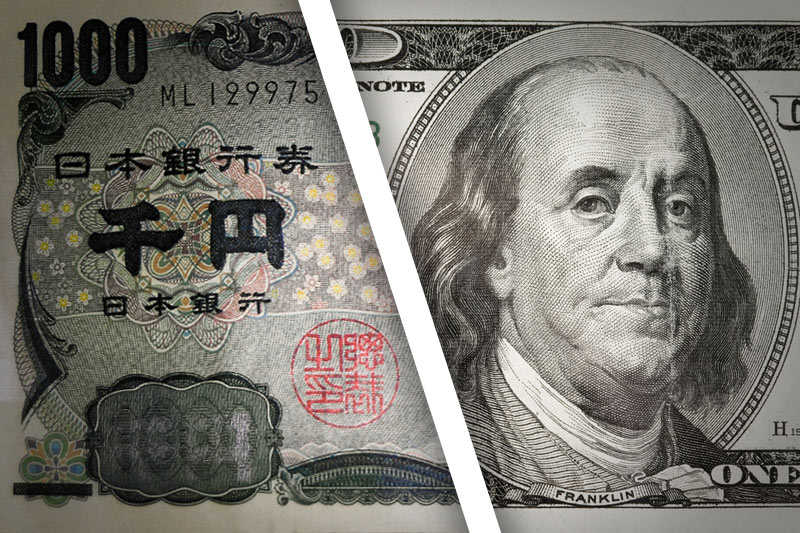Investing.com – The dollar fell against a basket of major currencies as sentiment on the greenback turned negative after fears intensified over the prospect of a trade war between the U.S. and China.
The U.S. dollar index, which measures the greenback’s strength against a trade-weighted basket of six major currencies, fell 0.45% to a five-week low of 89.07.
Following the U.S.’s move to slap tariffs of up to $60 billion on Chinese imports, China's commerce ministry proposed a list of 128 U.S. goods as potential retaliation targets, raising the prospect of tit-for-tat war between two the world’s largest economies.
The U.S. goods, which had an import value of $3 billion in 2017, include wine, fresh fruit, dried fruit and nuts, steel pipes, modified ethanol, and ginseng, the ministry said. Those products could see a 15% duty, while a 25% tariff could be imposed on U.S. pork and recycled aluminium goods, according to a statement on the commerce ministry website.
The yen – which has served as the preferred safe-haven proxy amid trade-war fears – rose sharply, pressuring USD/JPY to Y104.88, down 0.38%, a nearly 17-month low.
Also weighing on the dollar was a tweet from U.S. President Donald Trump threatening to veto a $1.3 trillion spending bill amid both a lack of funding for the border wall and U.S. lawmakers efforts to extend the DACA program.
The government will shut down at 12:01 a.m. ET on Saturday if Trump does not sign a funding bill into law.
Fears that Trump may veto the bill together with trade war angst overshadowed positive data and a slew of somewhat hawkish from Federal Reserve officials.
The Commerce Department said on Wednesday Core Durable Goods Orders rose 1.2% last month, beating economist forecast for a 1.5% rise.
Atlanta Federal Reserve president Raphael Bostic said he would support further rate hikes this year and added that he expects inflation to hit the Fed’s 2% target. While Minneapolis Fed president Neel Kashkari admitted that he was one the FOMC members that voted for a rate hike this past week but warned that the Federal Reserve cannot ignore the risk of a full-fledged trade war.
GBP/USD resumed its advance, rising 0.36% to $1.4148.
EUR/USD rose 0.51% to $1.2365 while USD/CAD fell 0.59% to C$1.2863 as the latter pair came under pressure after amid solid Canadian inflation data.
